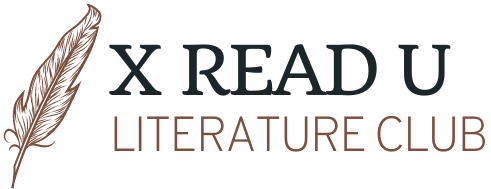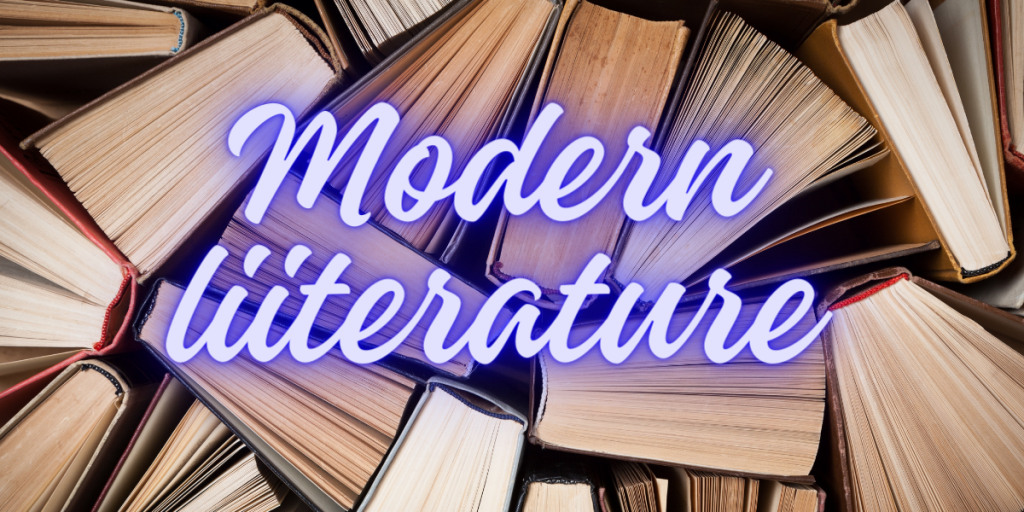Literature, the written expression of human experience, has been a beacon of wisdom, imagination, and cultural richness for centuries. In this exploration of the vast realm of literature, we’ll embark on a journey through its various forms, from classic masterpieces to contemporary gems. Delving into the significance of literature, its genres, and its transformative power, we will uncover the timeless tapestry that weaves together the threads of human emotion, thought, and creativity.
I. The Significance of Literature:
- Cultural Reflection:
Literature serves as a mirror reflecting the values, beliefs, and social structures of a particular culture. From the epics of ancient civilizations to modern novels, literature provides insight into the collective consciousness of societies across time.
- Intellectual Exploration:
Through literature, individuals can explore diverse perspectives, challenging their own beliefs and expanding their intellectual horizons. It acts as a gateway to understanding the complexities of the human mind and the world we inhabit.
- Emotional Resonance:
One of literature’s most profound impacts is its ability to evoke and articulate complex emotions. Whether it’s the joy of love, the despair of loss, or the triumph of resilience, literature allows readers to connect with the full spectrum of human feelings.
- Preservation of History:
Literature serves as a historical record, capturing the essence of different eras. From Shakespearean plays depicting Elizabethan England to novels set against the backdrop of major historical events, literature preserves the cultural nuances and experiences of bygone times.
II. Genres Across Time and Space:
- Classic Literature:
Classic literature, often timeless in its appeal, encompasses works that have withstood the test of time. From the epics of Homer to the plays of Shakespeare, these texts continue to resonate with readers, offering profound insights into the human condition.
- Modern Fiction:
The 20th and 21st centuries have given rise to a diverse array of literary voices. From the magical realism of Gabriel Garcia Marquez to the thought-provoking narratives of Haruki Murakami, modern fiction explores contemporary themes and challenges traditional storytelling conventions.
- Science Fiction and Fantasy:
In the realms of science fiction and fantasy, literature becomes a canvas for imaginative worlds and speculative futures. Authors like J.R.R. Tolkien and Isaac Asimov have crafted entire universes, exploring themes that transcend the boundaries of reality.
- Poetry:
Poetry, the distilled essence of language, captures emotions and experiences in a concentrated form. From the sonnets of William Shakespeare to the verses of Rumi, poets use language as a medium to evoke beauty, contemplation, and introspection.
- Non-Fiction and Essays:
Non-fiction literature encompasses a wide range of genres, including memoirs, essays, and investigative journalism. These works offer factual insights into real-world events, personal experiences, and societal issues, challenging readers to engage critically with the world around them.
III. The Transformative Power of Literature:
- Empathy and Understanding:
Literature fosters empathy by allowing readers to step into the shoes of characters from diverse backgrounds and experiences. This ability to understand different perspectives contributes to a more compassionate and interconnected society.
- Critical Thinking and Analysis:
Engaging with literature requires readers to think critically, analyze narratives, and draw connections between themes and characters. These cognitive processes contribute to the development of analytical skills that extend beyond the realm of literature.
- Personal Growth and Reflection:
Literature often serves as a mirror for individuals, reflecting their own experiences and prompting introspection. Through identification with characters or immersion in thought-provoking narratives, readers can navigate their own journeys of self-discovery and personal growth.
- Inspiration and Creativity:
Many writers draw inspiration from the works that precede them. Literature has the power to spark creativity, encouraging individuals to explore their own artistic expressions, whether through writing, visual arts, or other creative endeavors.

IV. Challenges and Evolutions in Contemporary Literature:
- Diversity and Inclusion:
The literary landscape is evolving to embrace a more inclusive array of voices. Efforts are being made to amplify marginalized perspectives, challenging the traditional canon and fostering a richer, more representative tapestry of human stories.
- Digital Age Challenges:
The advent of the digital age has transformed the way literature is consumed and created. E-books, audiobooks, and online platforms provide new avenues for accessibility, but they also present challenges, such as the potential decline of traditional publishing models.
- Globalization of Literature:
Literature is increasingly becoming a global conversation, with authors from diverse cultures gaining international recognition. Translated works and cross-cultural collaborations contribute to a more interconnected literary landscape.
- Environmental and Social Themes:
Contemporary literature often grapples with urgent global issues, including climate change, social justice, and technological advancements. Writers are using their craft to address pressing concerns, prompting readers to reflect on their roles in a rapidly changing world.
Conclusion:
As we traverse the expansive landscape of Written Works, we find ourselves immersed in a rich tapestry woven with the threads of human experience, imagination, and cultural evolution. From the ancient epics to the modern novels, from the rhythmic verses of poetry to the analytical prose of essays, Written Worksremains an ever-evolving testament to the depth and complexity of the human narrative.
In embracing the significance of Written Works, exploring its diverse genres, and acknowledging its transformative power, we embark on a journey that transcends time and space. Written Works, in all its forms, invites us to contemplate, question, and celebrate the myriad facets of the human condition, ensuring that the timeless legacy of words continues to shape our understanding of the world and ourselves.

